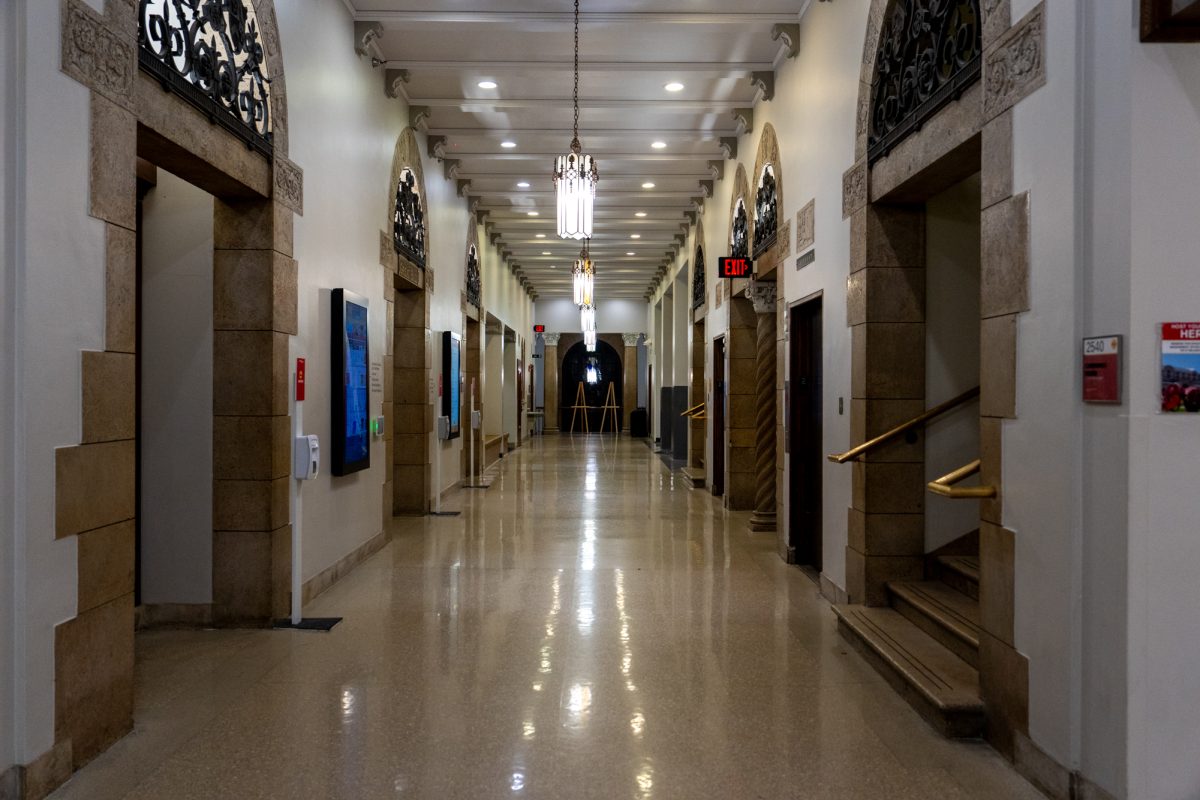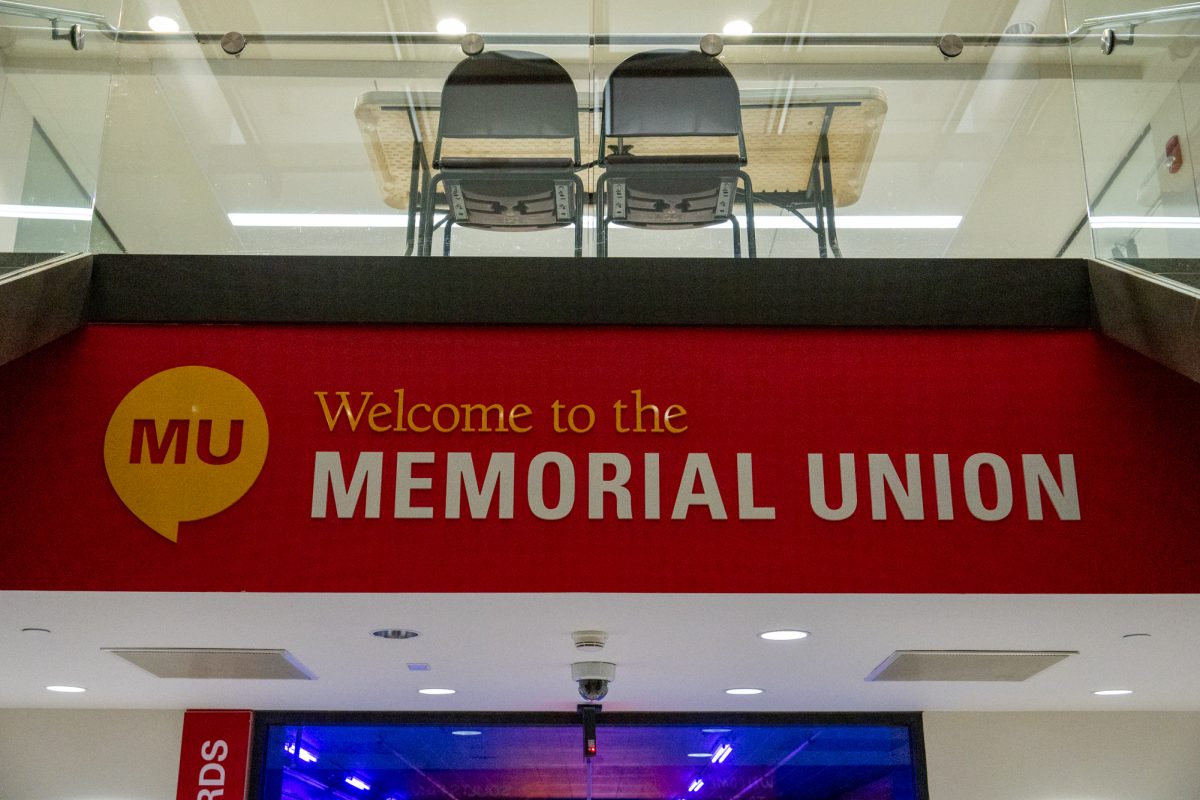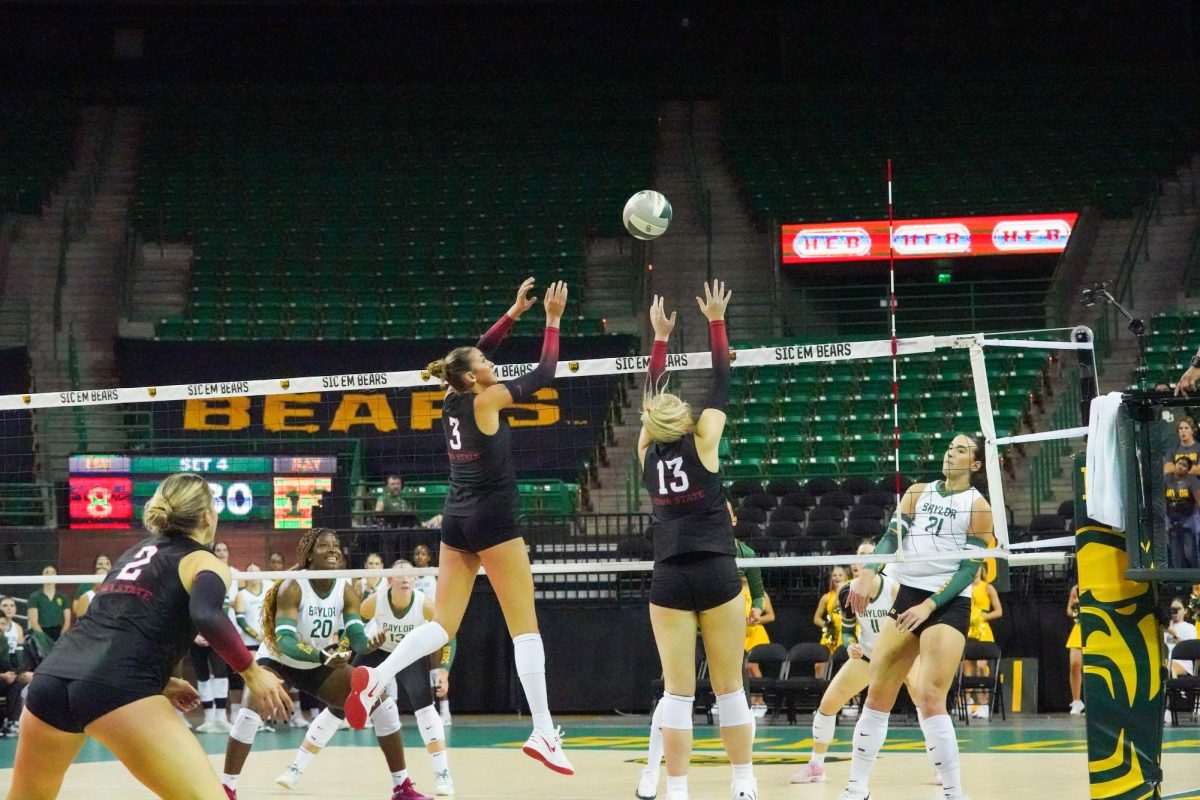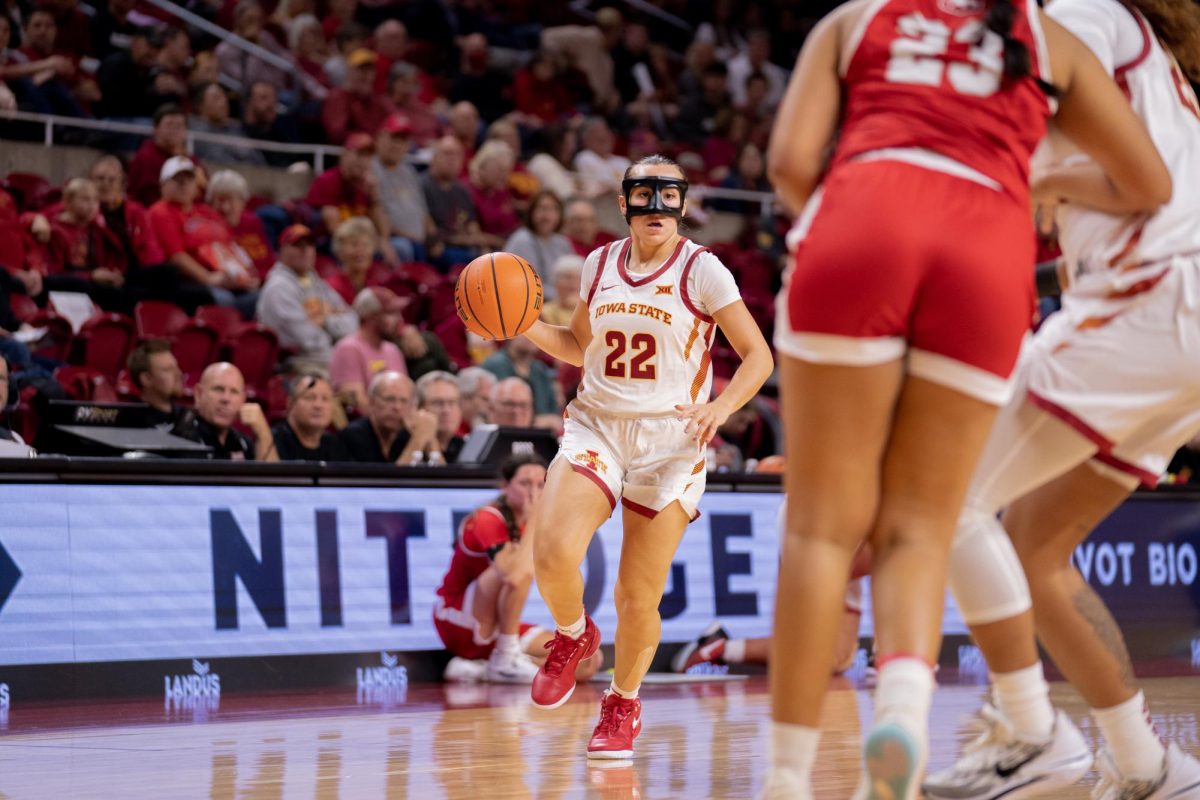Valued keepsakes of a terrifying experience
February 7, 2000
Retired ISU professor Herbert Aron David escaped the Holocaust with at least two memories intact.
David, distinguished professor of statistics and a Holocaust survivor, escaped from Nazi-occupied Germany in 1939. But while he was still living in Dusseldorf, he collected two pieces of sports memorabilia.
They are two large, hardcover volumes commemorating the 1936 Berlin Olympics, as well as the history of the Olympic movement. With fading blue covers, red lettering and now-yellowing paper, the books tell the story of the 1936 Summer Olympic Games.
David said he was in Berlin with his paternal grandparents at the time of the games. He listened to them on the radio because he was not allowed to attend.
“The Nuremberg racial laws had been passed, depriving Jews of citizenship, so as a Jew you wouldn’t feel comfortable in a crowd,” he said.
The 1936 Olympics were commonly known as the Nazi Olympics, David said.
“While the venue for the games was set before [Adolf] Hitler came to power, he realized this was a great opportunity to display the new Germany to the world,” he said. “But because of the reputation that Nazi Germany had acquired by that time, there was a lot of debate — should one attend such a games? There was a lot of discussion but no boycott.”
Although most of his belongings were left behind, David managed to take the books with him when he escaped Germany with his family.
“We couldn’t take very much,” he said. “It was a question of funds. We took only personal possessions.”
The books show the swastika and the Nazi eagle on the cover.
“[They do] not emphasize Nazi propaganda in any outrageous way,” he said. “Considering the times, it is fairly restrained in tone.”
David said there was a brief reduction in anti-Jewish propaganda during the games.
“The Germans still wanted to make a good impression on the outside world, so they removed a lot of the anti-Jewish propaganda, only to put it back up after the games,” he said.
The Olympics also saw Germany present a completely Nazi front, David said.
“Hitler had removed all opposition very fast — there was none to speak of after 1936,” he said.
The books show the difference between the purpose of the Olympic movement and the purpose of the Berlin Olympics, David said.
One of the volumes chronicles the history of the Olympics, while the other chronicles the Berlin Olympics.
The books document all the events from the 1936 games and include the art prepared to commemorate the games.






